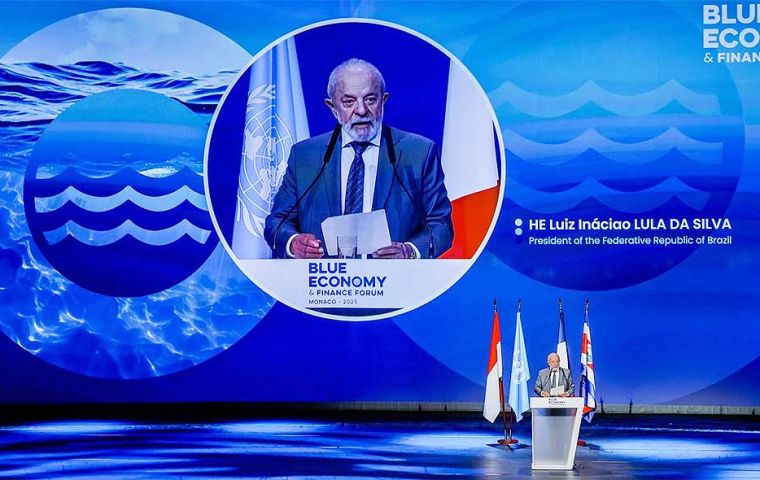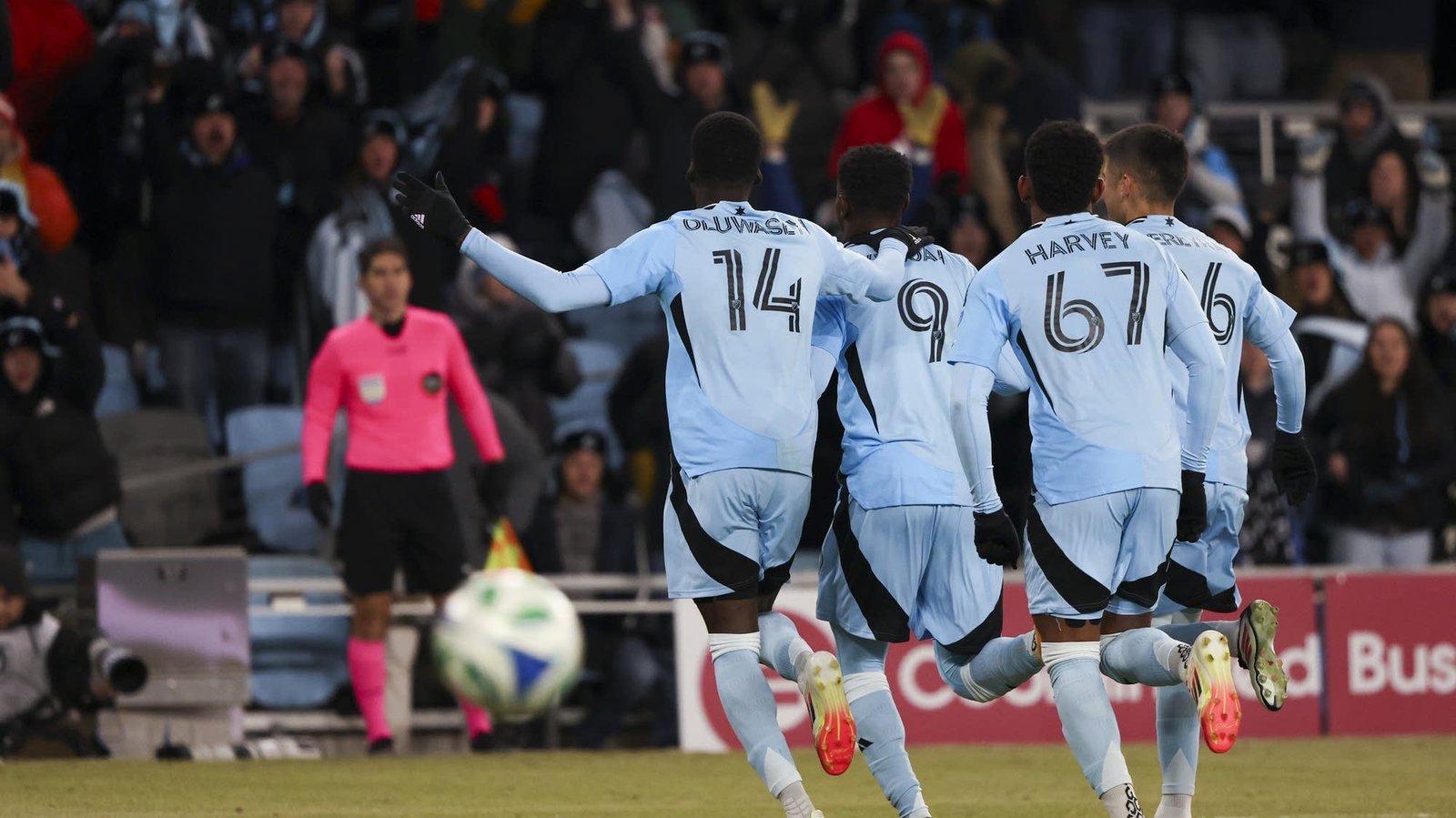Lula condemns drop in financial assistance to developing countries amid surgind military spending

If it were a country, the ocean would rank fifth among the world’s largest economies, Lula noted
Brazilian President Luiz Inácio Lula da Silva condemned on Sunday the reduction in financial aid for environmental, economic, and social causes from wealthier countries to the poorer nations, highlighting a 7% drop in Official Development Assistance (ODA) in 2024, while military spending increased by 9.4%.
Speaking at the Blue Economy and Finance Forum in Monaco, Lula emphasized that the issue is not a lack of funds but rather political commitment. This shows that there is no shortage of money. What is lacking is the willingness and political commitment to finance it, he said.
ODA is defined by the Organization for Economic Cooperation and Development (OECD) as official aid aimed at promoting economic and social well-being in developing countries, with the primary objective of poverty alleviation. Assistance includes financing and granting loans, and other resources, either directly by countries or through multilateral organizations. It is an important tool for achieving the Sustainable Development Goals (SDGs).
Sunday’s forum sought solutions for the so-called blue economy (marine and coastal economic activities as well as marine ecosystems). The Brazilian leader also recalled that oceans do not receive due recognition for what they provide us.
SDG 14, dedicated to the conservation and sustainable use of marine resources, is one of the least funded goals in the entire 2030 Agenda. The shortfall for its implementation is estimated at 150 billion dollars a year, The South American head of State pointed out.
In addition to its role as the main climate regulator, more than 80% of international trade and 97% of the world’s data networks pass through the sea, generating an annual economy of US$ 2.6 trillion. If it were a country, the ocean would rank fifth among the world’s largest economies, he further noted.
In his view, it is necessary to conclude the binding instrument to end ocean plastic pollution and move forward to ratify the new treaty on biodiversity in international waters. Lula also recalled that the adoption by the International Maritime Organization of binding targets to zero carbon emissions from shipping by 2050 promises to multiply the demand for renewable energies and would reduce global dependence on fossil fuels.
For President Lula, insufficient resources are a chronic problem for several multilateral initiatives. He cited the 2024 United Nations Climate Change Conference (COP29) in Baku, Azerbaijan, which had less than expected results.
The event was criticized for failing to meet expectations of a robust agreement on climate finance. The new funding target of US$ 300 billion a year by 2035, although an improvement on the old agreement of US$ 100 billion, fell short of the needs and the request for US$ 1.3 trillion from developing countries, which asked for funding for adaptation and mitigation of climate change.
According to Lula, the Brazilian presidency of COP30, which will take place in Belém in November this year, wants to reverse this situation. The planet can’t take any more broken promises. There is no isolated solution to the challenges that require collective action, he stressed.
Lula also recalled that developing countries depend more on the blue economy than industrialized nations, according to data from the United Nations Conference on Trade and Development (UNCTAD). Rising sea levels and extreme weather events in coastal cities always victimize the most vulnerable.
Of the 33 countries in Latin America and the Caribbean, 23 have more maritime territory than land. Africa has 13 million square kilometers of maritime territory; this is equivalent to the sum of the continental territory of the European Union and the United States. Making the blue economy stronger, more diverse, and sustainable contributes to the prosperity of the developing world, said Lula.
For him, international financial institutions have a central role, and access to climate funds must also be less bureaucratic. We insist on the need for better, bigger, and more effective multilateral banks. Instruments such as debt-for-development swaps and the issuance of special drawing rights can mobilize valuable resources, he suggested.
Lula also mentioned Brazil’s initiatives, such as the Bolsa Verde program, which transfers income to more than 12,000 families that help preserve marine conservation units; the US$ 70 million in the investment portfolio of the National Bank for Economic and Social Development dedicated to the blue economy; and the financing of marine spatial planning projects, coastal conservation and decarbonization of the naval fleet and port infrastructure. (Source: Agencia Brasil)




